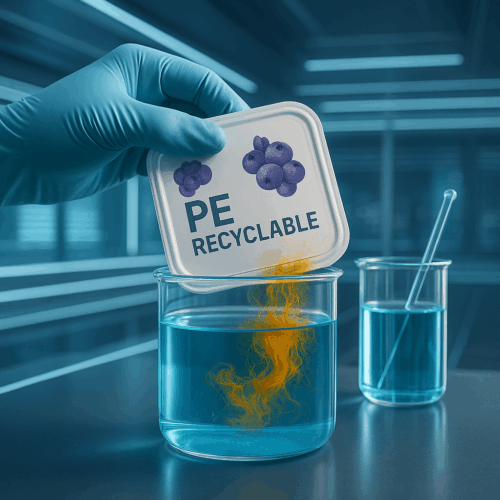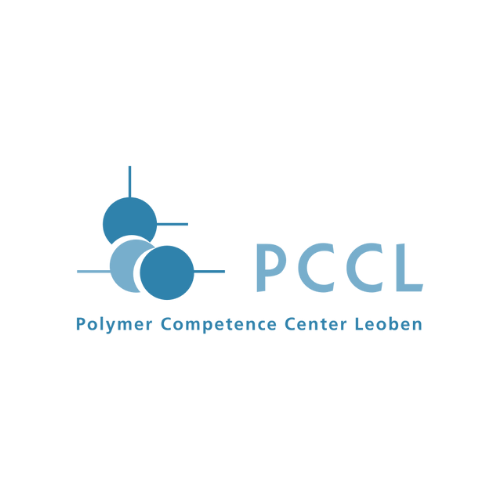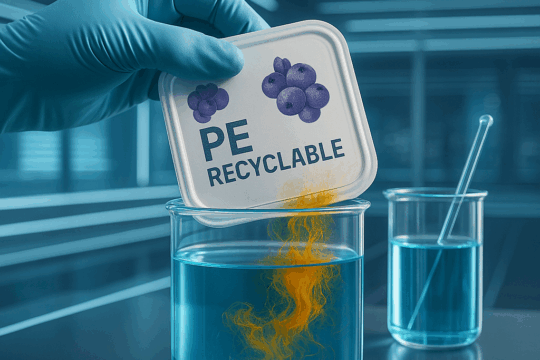The Sustainable polymer materials programme addresses one of the biggest challenges in materials science: how to develop and process polymers in a way that is truly sustainable. This includes making polymers easier to recycle, producing them from renewable resources, and designing materials with extended lifetimes and minimal environmental impact.
The programme focuses on three key areas to enable long-term sustainability in polymer materials:
- Sustainable end-of-life solutions: developing advanced recycling technologies to improve the purity and quality of the recyclates and to recover/re-use materials, enhancing the circularity of polymer and composite materials.
- Polymers & monomers from renewable resources: investigating bio-based and CO₂-based polymer innovations to replace fossil feedstocks.
- Design for sustainability: creating reversible interfaces for recovery of components after service life, mono/less material solutions, alternatives for persistent chemicals like PFAS, extending product lifetimes and reducing environmental impact.
A multi-disciplinary approach is applied, integrating chemistry, physics, and engineering science from the molecular to the macroscopic scale to tackle these challenges.
Key research areas and active projects
The Sustainable polymer materials programme drives research at the intersection of circularity, renewability, and advanced polymer design. Below are key projects shaping the future of sustainable polymers:
Next-generation energy storage materials
SEEEBAT
Developing solid-state batteries with succinonitrile-based electrolytes, enabling higher energy density and safety.
Next-generation recycling & circular polymer solutions
Re-Vitri
A multi-scale analysis and design approach for the pyrolysis of polyolefins, improving recycling efficiency.
PET-PLA
Investigating recycling solutions for mixed PET and PLA waste streams, reducing polymer contamination.
RIDE
Developing novel organocatalytic methods for the selective deconstruction of plastic waste, enhancing circularity.

BioSolveCycle
BioSolveCycle develops bio-based cleaning systems to remove inks, adhesives and additives from polyolefin waste. The goal: cleaner recyclates and safer, closed-loop plastic recycling.
View project
MADPY
MADPY developed predictive models for the chemical recycling of polyolefins such as polystyrene and polyethylene. By combining lab experiments, simulations and AI, the project supports more circular and scalable recycling processes.
View projectRenewable & bio-based polymer innovations

B-CRYSP
Investigating bio-based crystal polarization and semi-aromaticity for the next generation of high-performance polymer dielectrics.
View projectEPCO2
Engineering polymers from CO₂ using advanced switchable catalysis, turning carbon emissions into high-value materials.
Sustainable polymer design
RECOMP
Developing recyclable high-performance composites with reversible interface bonding, enabling easy material recovery.
PER-MANENT
Gaining microstructural insights into bioriented polyethylene mono-materials, bridging fundamentals and processing.
CLOMPR
Exploring molecular polymer rheology to optimise polymer processing and circularity.
LCA-bioPET
Conducting Life Cycle Assessments (LCA) on bio-based PET to quantify its carbon footprint reduction potential.
SWEEP
Creating PFAS-free alternatives for wear-resistant eco-polymers, reducing reliance on persistent chemicals.

ODIN
ODIN develops recycling-ready thermoplastic composites for transport, combining high performance with circularity by improving remoulding processes and reducing material degradation.
View projectBoost your R&D with DPI
By joining the DPI community, you gain access to cutting-edge polymer research, high-impact collaborations, and a strong voice in shaping the future of sustainable materials. Interested in collaborating? Let’s explore the possibilities!

Denka Hristova-Bogaerds
Chief programme officer
Partners driving sustainable innovation































































Latest updates

If you just deliver on business needs, you might miss out on tomorrow’s trends

“It’s a huge risk to mistake a symptom for the actual problem”

BioSolveCycle sets out to raise the bar for plastic recyclate purity

Five new projects launched at the DPI Autumn Meeting 2025
Questions or ideas?
Fill in the form and our programme manager will get back to you shortly.
